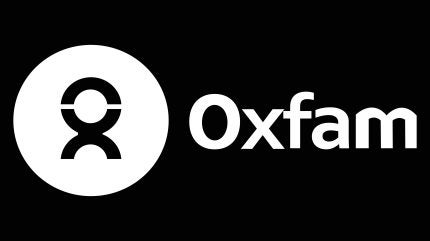
Non-governmental organisation Oxfam has launched its Corporate Inequality Footprint, which looks at publicly disclosed data from the largest US public companies.
The research found that inequality is part of the fabric of big business, with retailers contributing to widespread inequality. This is driven by a combination of low worker wages, high CEO pay, record profits and expensive share buybacks, among other factors.
Of the largest US companies, those with low median employee salaries tend to have high CEO-worker pay ratios, with four companies trending above a 1,500:1 ratio: Jabil (1,864:1), McDonalds (1,745:1), TJX Corporations (1,604:1) and The Coca-Cola Company (1,594:1).
Corporations in low-wage sectors, such as retail, continue to spend heavily on stock buybacks, with the highest spenders in the industry including Lowe’s ($39.5bn), Home Depot ($39.2bn), Walmart ($35.5bn) and Starbucks ($21.7bn).
Diversity and inequality in US retail
According to Oxfam, the US retail sector stands out as the most diverse and the most inequitable. While 52% of employees in the retail sector are people of colour and 56.8% are women, 69.9% of executives are white and 77.7% are men.
This is evident in one of the most inequitable companies in the dataset — Dollar Tree. In 2022, the company’s employee base was comprised of 55% people of colour and 68% women, while the company’s leadership was 82% white and 75% men.
Oxfam’s recent analysis of Amazon found that more than two-thirds of all employees at Amazon are people of colour, but senior leadership is 63.7% white.
These statistics follow the US retail industry’s hiring slowdown and decreased spending nationwide in 2023.
To make measurable progress against the inequality crisis, Oxfam calls for stronger disclosure requirements that can better expose the inequality machine in US business practices.
Oxfam’s pilot assessment included indicators where sufficient public data remains unavailable, pointing to a need for more thorough public reporting to inform strong standards and advance corporate reform and alternative business models, and to empower policymakers and the investor community to leverage inequality as a meaningful performance metric upon which they can hold corporations accountable.



